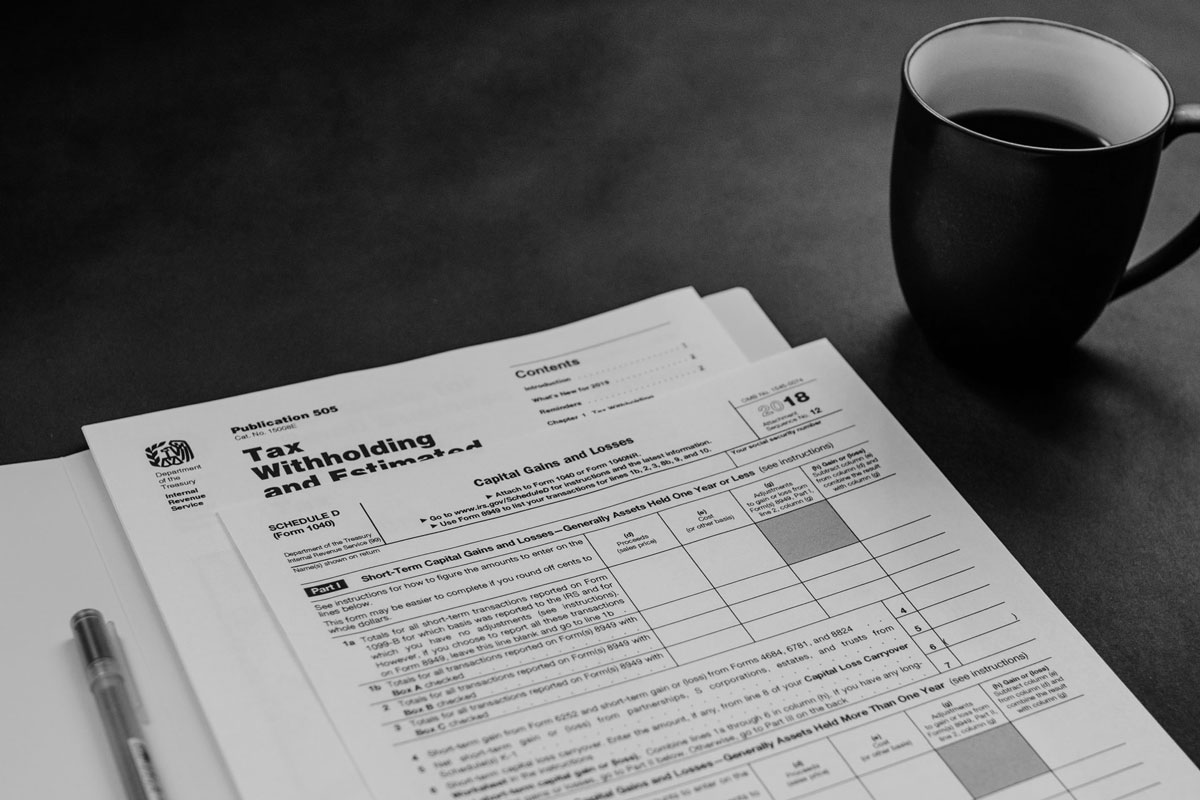It’s safe to say 2020 has been anything but typical. As we get closer to 2021, it can be tempting to rush through the remainder of this year as quickly as possible. But now is the time to pause and think through your firm’s plan for the new year. The decisions you make or don’t make by December 31 could impact your success in the coming months. Here are five things every RIA firm should consider right now.
A change of entity
There are several reasons why you might want to change your firm’s entity. These include minimizing your tax liability, responding to a changing audit profile, and complementing your exit plan. For instance, disregarded entities (DREs), such as single-member LLCs and sole proprietorships, are subject to higher audit risk and may not be very tax-efficient.
For your firm’s new entity to be effective for 2021, you must have executed the change by the end of the year. If you wish to convert to an S or C corporation, you must make the election by March 15 for the year prior (2021).
Wages versus distributions
If your RIA firm is an S corporation, you as the owner can be paid for services as an employee, or you can take ownership distributions as the owner. So, the question becomes: How do you balance your compensation between wages and distributions? Ideally, you’ll compensate yourself in a way that minimizes your payroll taxes as well as your audit risk. Your compensation should also be adequate for maximizing your retirement plan contributions.
Something else to consider: This year, most taxpayers decreased their estimated tax payments, which means you might be behind. If needed, you can increase your withholding to remedy shortcomings in estimates made earlier in the year.
Delaying PPP forgiveness
In light of the recent IRS notices regarding the non-deductibility of loan expenses, you may want to consider delaying your PPP forgiveness until 2021. Congress could compel the IRS to change its stance on the matter, but it’s unlikely to happen before the 2020 filing deadlines. For this reason, plan to extend your business and personal tax filings.
Timing of expenditures
In a typical year, most taxpayers wish to accelerate expenses and push out income into the following year. But, as I said earlier, 2020 is anything but typical. In light of the new incoming administration, consider delaying expenses or accelerating income to take advantage of known tax rates in 2020.
Retirement plans
Now is the time to ask yourself: Are you maximizing your 401K contributions? If you have SED and profit-sharing plans (PSPs), who’s eligible for contributions? Assessing the latter can help you better understand the costs of making contributions.
The end of the year is also a good time to consider making a change. Could you find a new plan for 2021 that better suits your goals? Are there ways to decrease the burden of making contributions for your team? Could you increase your individual contribution?
Plan for a better 2021.
Thinking through these five considerations with your CPA or tax advisor can help your RIA firm thrive in 2021. It’s also a good idea to review these throughout the year. If you have questions or would like assistance with your year-end plan, Elevate is here to help. Contact us today.

